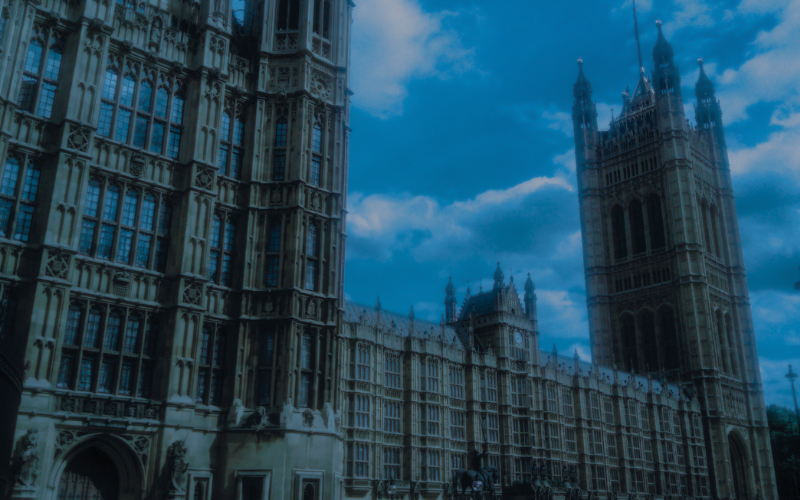It’s not often you get to say something like this in business: let’s get philosophical and think about the interplay between the present and future.
The present and the future are not separate entities, they are intertwined. Our perception of the future affects our present decisions, and our present actions shape the future. This relationship can be challenging to wrap your head around. But understanding it can help you:
- Balance future goals with present needs.
- Make more thoughtful decisions.
- Take actions to positively impact the future.
Futures thinking is not about predicting the future, even if people insist on illustrating stories about it with pictures of crystal balls. It’s actually about imagining what could or might happen.
We base those ideas on various signals, trends, drivers and macro-forces, as well as on what we know about the actions (decisions, policies and strategies) that might shape outcomes.
By exploring future possibilities, good and bad, we create depictions of the future. Those can alter our thinking about the decisions, plans and actions required in the present. We can choose to change in an informed way.
This interplay between the present and potential futures is dynamic. We imagine a future; we, and others, change our approach; so we then have to imagine a different future. And repeat. Understanding this through futures thinking plays an important role in building anticipation and resilience in organisations.
At a individual level futures thinking can also help you improve your psychological health, creativity, problem-solving skills, and personal resilience.
The Exponential Age
Technological advances are rapidly changing the way we live, work, and interact with one another in the present.
For example, we are all witnessing how the rise of automation and artificial intelligence is transforming the job market, creating new opportunities and challenges for workers and businesses.
According to Azeem Azhar, an entrepreneur and strategist, we have entered the exponential age.
These advances are deeply entangled with the social, economic, environmental, and political forces that also drive and accelerate change. Futures thinking can help us navigate this landscape.
Terms such as VUCA (volatile, uncertain, complex, ambiguous) and TUNA (turbulent, uncertain, novel, ambiguous) have become synonymous with this complex landscape.
Their use is a sign that the effects of shifts in the landscape are being widely felt and acknowledged – particularly the effects of uncertainty.
This prompts us to acknowledge the inherent unpredictability and uncertainty of reality. I won’t go too deep here but it can he helpful to think about the Heisenberg Uncertainty principle and its relationship to foresight.
It says we cannot foresee, determine, imagine, or know all the possible outcomes or future scenarios. There are always some unknowns or variables that will affect our future in ways we cannot anticipate or control.
But this invites you to engage your imagination. Futures thinking gives you permission to consider not only futures that seem plausible but also those that might appear absurd, or even preposterous.
This can help you challenge your assumptions about the future and empower you to perceive the potential of the present in new ways.
In this way, futures thinking allows you to work with uncertainty, as a tool, to define and realise better futures for humanity.
The Presentism Trap
Adherents of presentism argue that the present is the only time that matters, and that the needs and desires of the present should be prioritised over the future. In our opinion, presentism cannot escape the reality of its own interplay with the future.
And that mindset can blind you to considering negative future consequences, such as environmental degradation, social inequality, or other dystopian outcomes. We owe it to future generations and ourselves to develop more foresight in the present.
Commit Now
Now is a good time to commit to futures thinking more intentionally and incorporating this thinking into your present. If you want to talk more about futures thinking and how it could get your organisation fired up, get in touch.
From a chat over coffee to a one-day workshop to something more, we’d love to help.
To learn more about our futures thinking offerings, click here
Published
April 29, 2024Reading time
2 minutesRelated posts





